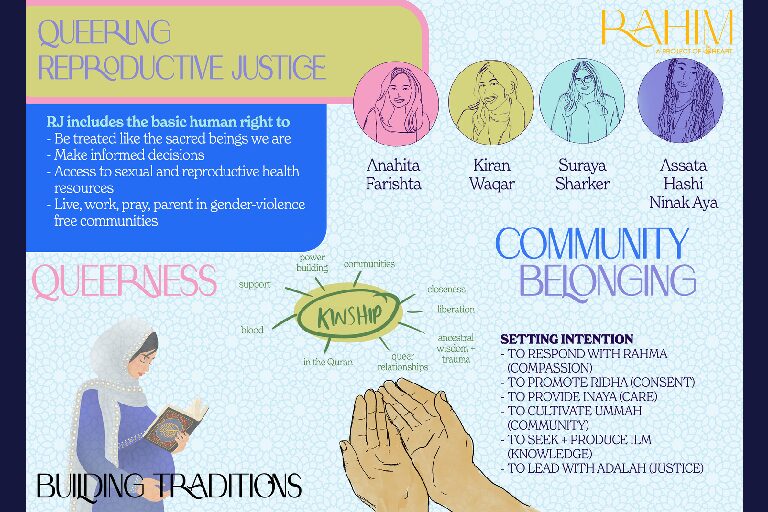This video is one of three that were created for Sexual Assault Awareness Month (2019), by spoken word artists in the DC area, in collaboration with The Sanctuaries. This spoken word piece is titled "Purple Dress."
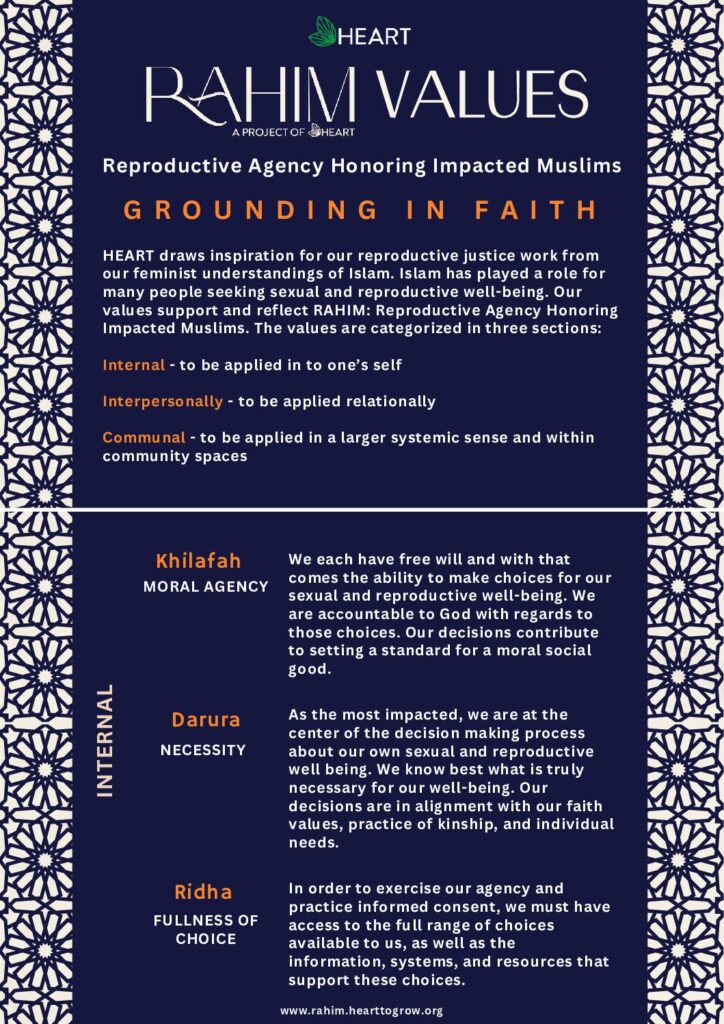
RAHIM Values: HEART draws inspiration for our reproductive justice work from our feminist understandings of Islam. Islam has played a role for many people seeking sexual and reproductive well-being. Our values support and reflect RAHIM: Reproductive Agency Honoring Impacted Muslims. The values are categorized in three sections:
Internal - to be applied in to one’s self
Interpersonally - to be applied relationally
Communal - to be applied in a larger systemic sense and within community spaces
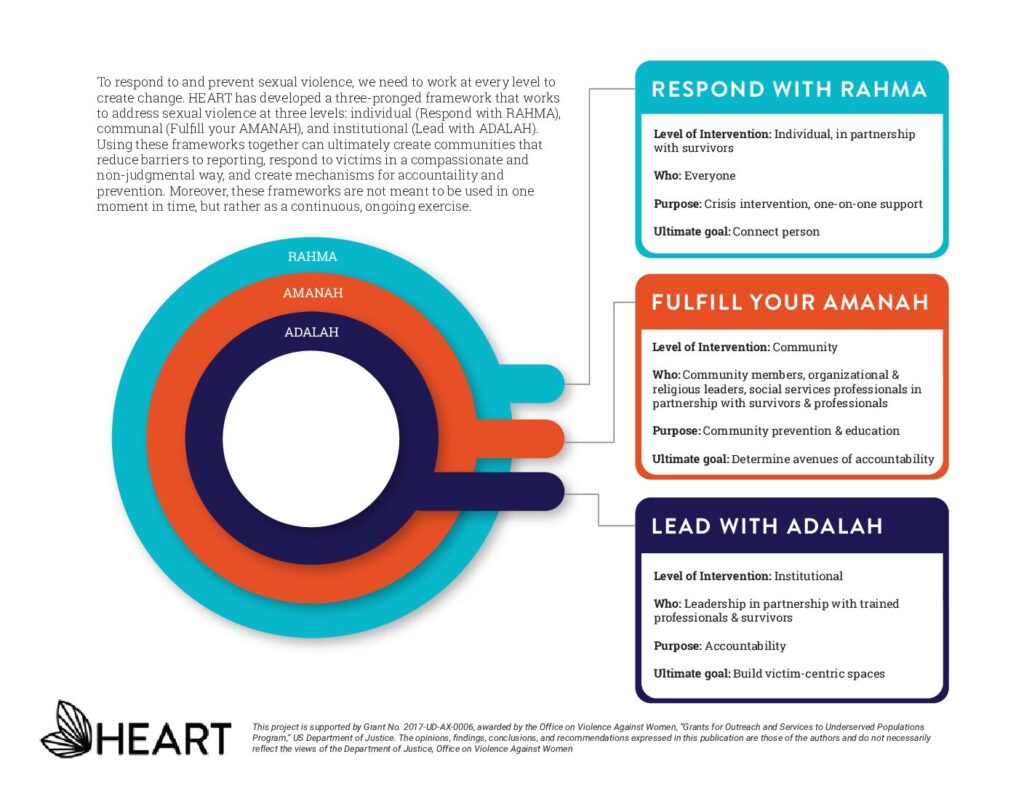
To respond to and prevent sexual violence, we need to work at every level to create change. HEART has developed a three-pronged framework that works to address sexual violence at three levels: individual (Respond with RAHMA), communal (Fulfill your AMANAH), and institutional (Lead with ADALAH). Check out the accompanying handouts to learn more about the RAHMA, AMANAH, and ADALAH frameworks in our resource library as well.
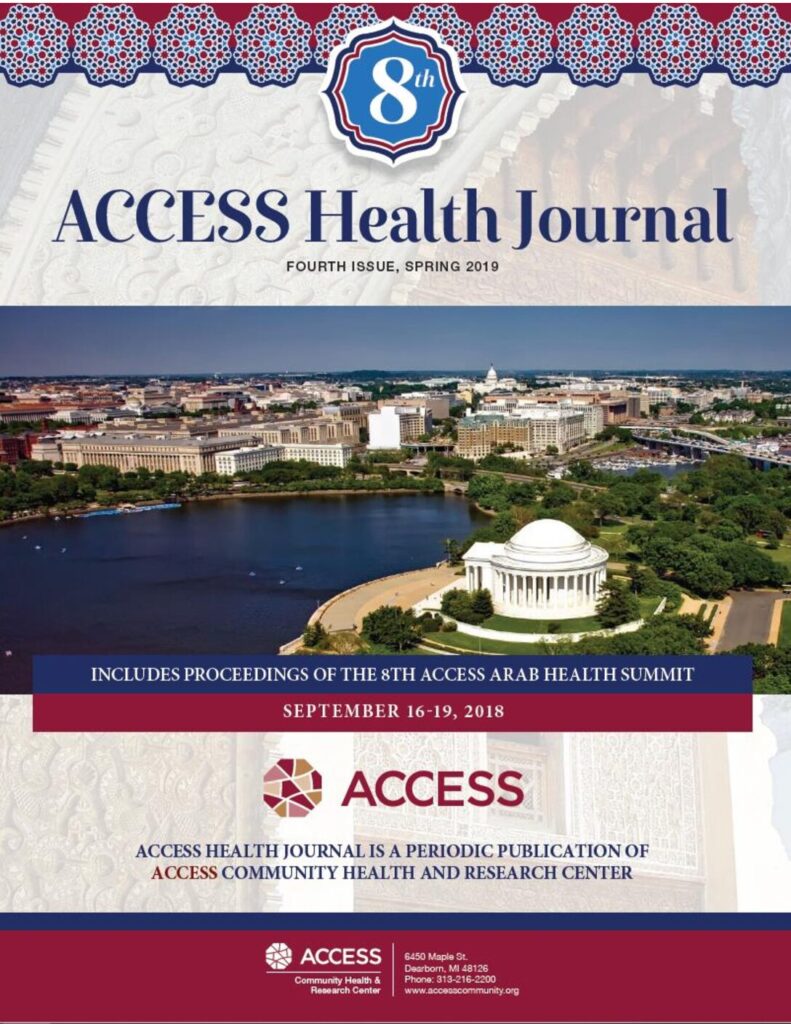
A research paper in ACCESS Health journal evaluating the results of HEART’s sexual and reproductive health programming in Southeast Michigan, in partnership with ACCESS Community Center.
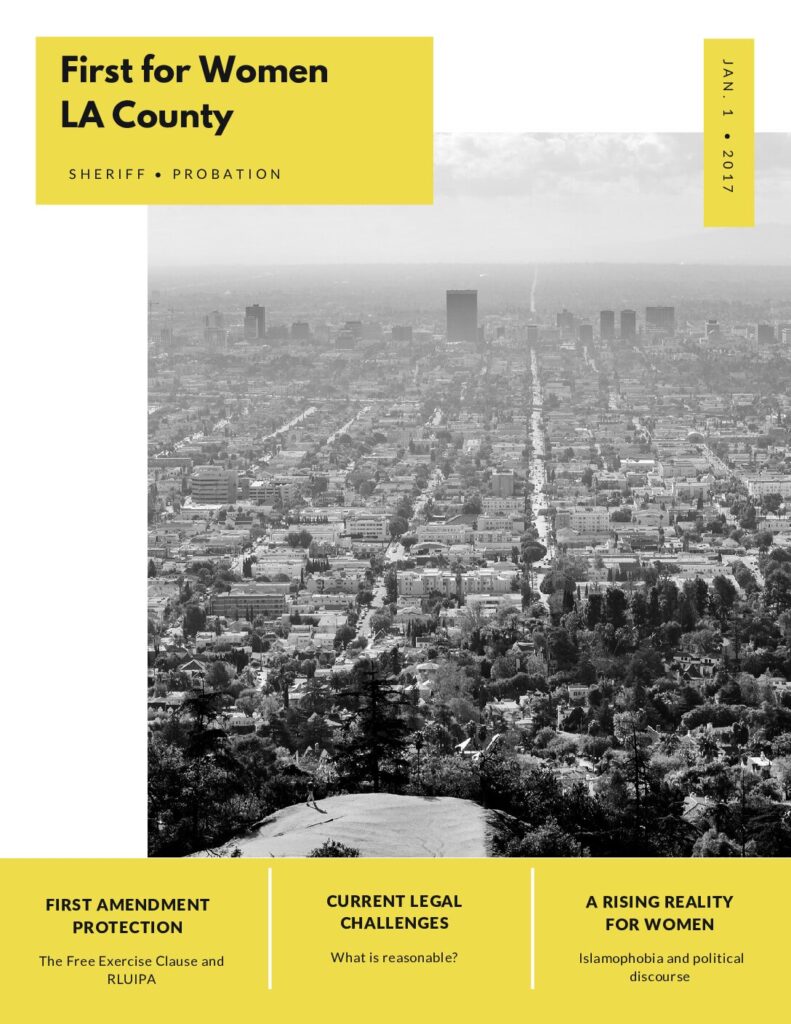
HEART staff member Sahar Pirzada collaborated on this policy brief published by the Women’s Policy Institute. Highlighting the issue of religious headwear in LA County, this brief asks LA County to allow women to don religious headwear if they choose, thereby aligning with basic First Amendment rights. At HEART, we recognize the intersectionality of issues including Islamophobia, sexual violence, and gender inequality. Injustices must be addressed across the board for real social change to occur.
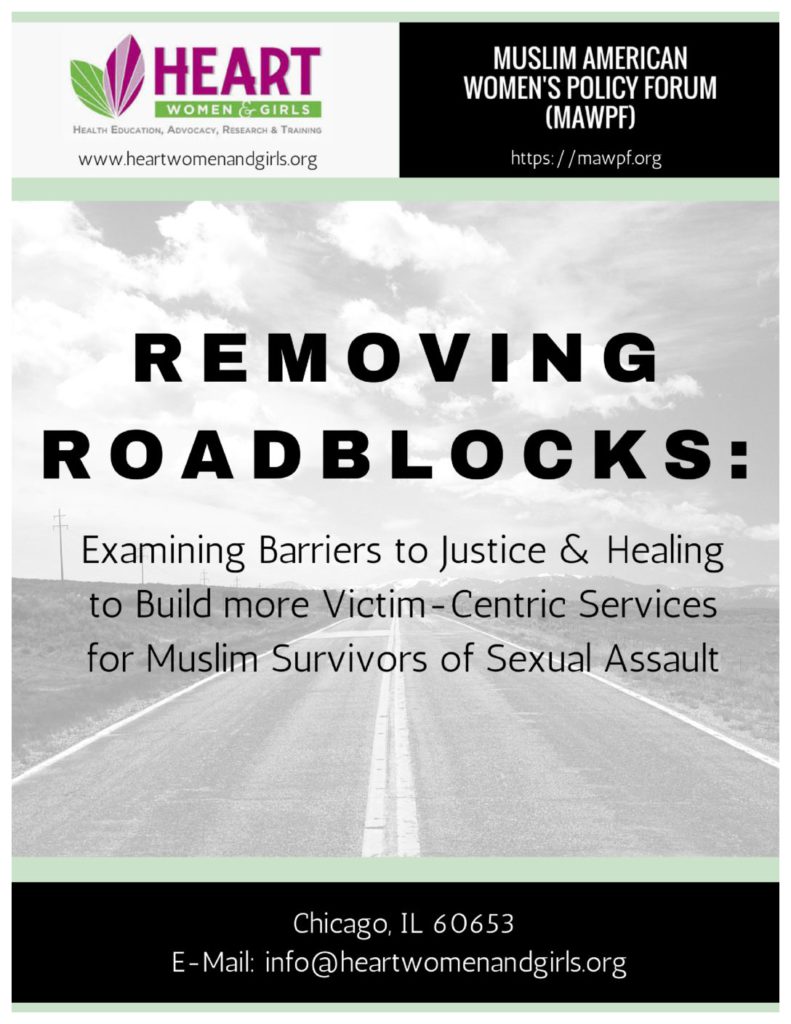
Partnering with the Muslim American Women’s Policy Forum (MAWPF), this white paper provides recommendations for institutional responses to sexual assault based on surveys with direct services providers. While much progress has been made in the greater movement, it is clear that there is still work to be done in order to meet the needs of Muslim survivors. Some recommendations based on our findings include: increasing cultural competency, reducing barriers to reporting, and advocating for more community-based research.
